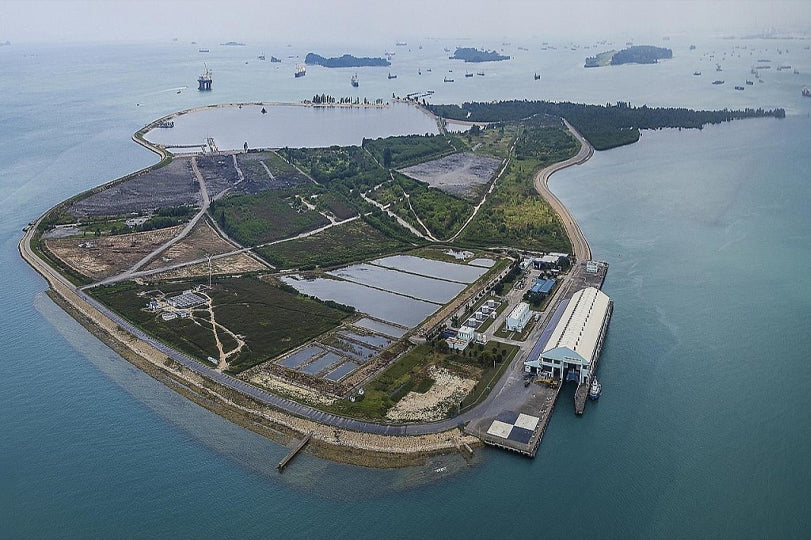The Economist Sustainability Summit in London last week was a successful and illuminating conference in the tracks of its inspiration -– the Paris COP21 Conference of world leaders. The Economist previously published this preamble on Reasons for Hope in a Dangerous World.
What was achieved was of course ethereal, but as long as the theories and their explanation continue to be well-thought-out, nations and their governments will be able to take to greater sustainability in both business and administrative areas. Adapt or Die was the hard line of the titular motto, while soft talk tends to take over when commercial interests are involved. It is called diplomacy. The OECD was well represented by Rintaro Tamaki, their Deputy General Secretary.
He delved expertly into investment in low-carbon industry using, for example, green bonds (currently running with an issuance of $40 billion last year) or co-investment. The reduction of the so-called emissions gap demands (some) disclosure of climate information and has been quickly helped by 15 of the G20 countries instituting mandatory climate change reporting. It is the extent of this reporting that will test how sincere politicians are.
Green is the new thought-pattern for those investing our pensions and many other such financial gambles. OECD seek to rethink how green risks
can be more secure risks, carefully incorporated into all investment decisions. Green Investment Banks will help as they already have in 13 national and sub-national governments. Private investment is encouraged by 7 US, alongside Arab, European, Asian and Australian clean energy
or green tech funds.
Over the whole conference, workers' positions were made clear by Sharan Burrow of the ITUC, and WWF ideas and environmental health were considered, with deaths from environmental causes related directly to 23% of people worldwide, with a disproportionate amount (more than 30%) in SE Asia.
On the other side of the world, and the argument was Per Bolund, of the Swedish government, impressing on us his nation's classic approach to embedding sustainability into policy. From Singapore, the approach of a small city state could prove beneficial for many cities, as we have seen mayors and their urban charges involved from almost every major nation in various kinds of supra-national environmental care. Masagos Zulkifli is Singapore's Minister for the Environment, portraying his tiny country in a very good light as far as making the best of your sustainable resources is concerned.
We could go on, and we probably will (watch this space!), but hopefully this small summit is just one of the first peaks that will make Paris work. Our first inkling appeared here with Adapt or Die. The urgency is one of the major points to take away from such discussions and it is there where the whole process will falter, if at all. Unless we continue to involve everybody on one small planet, then it is possible that a few of the only life forms we know will descend into a miserable and untimely hell on earth.










